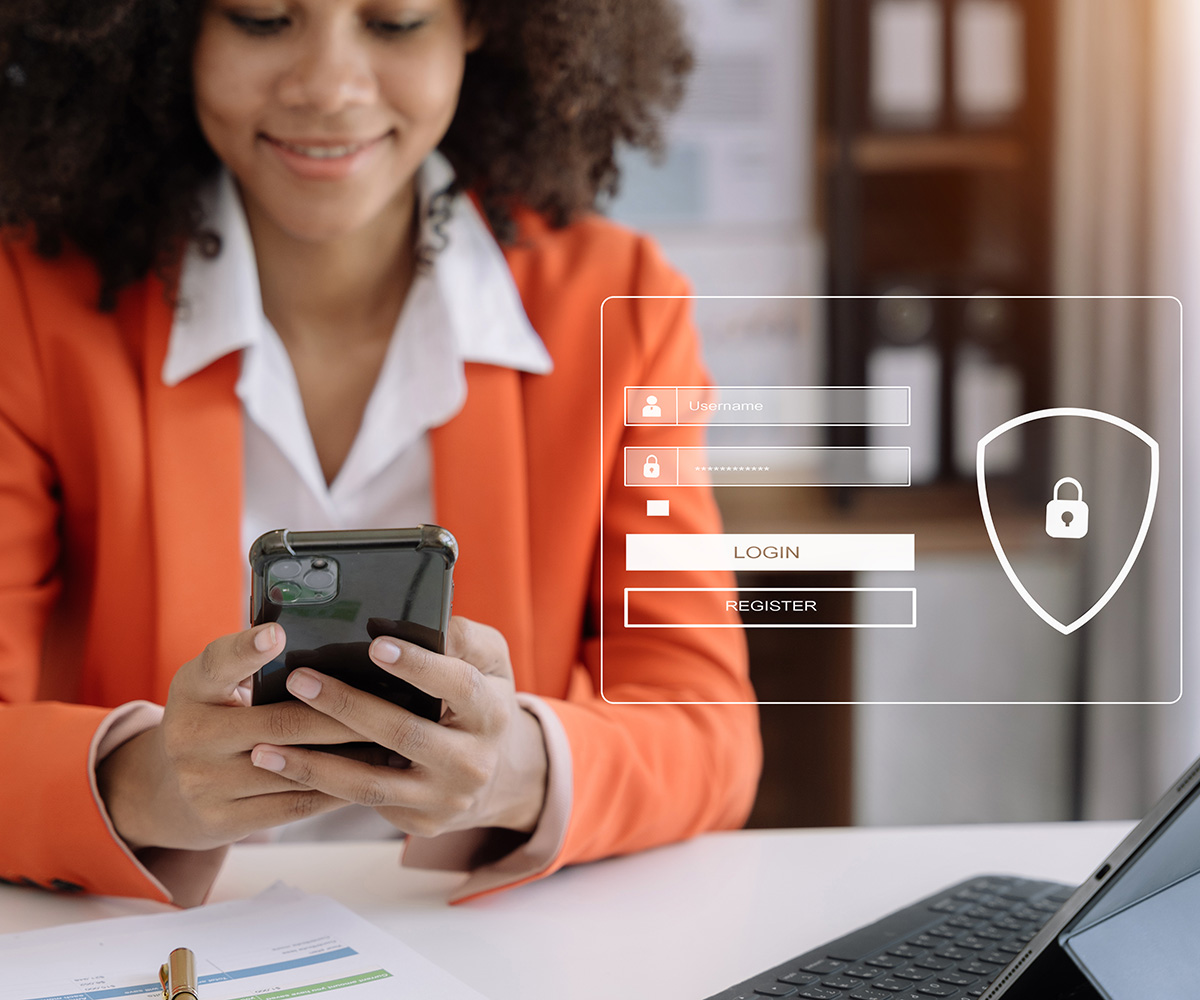Why KYC Matters When Signing Up for VoIP
You’re ready to jump into the world of IP telephony. Maybe you’re a small business owner setting up a virtual phone system or just someone looking to reduce telecom costs.
Either way, you’ve probably hit that moment in the SIP trunk service provider sign-up process where they ask for your ID or some proof of who you are. This is the Know Your Customer (KYC) step, and we get it—it can feel like a bit of a hassle. Why do they need your driver’s license or business details? Who’s this even for? Here’s a breakdown of why KYC is actually a big deal for VoIP users like you.

What is KYC?
Know Your Customer is the process your service provider uses to confirm that you are who you say you are by requiring you to upload a photo of your ID, a utility bill, or maybe your business registration if you’re signing up for a company account. This process isn’t limited to VoIP service providers. Banks, payment apps, and even some online platforms do this, too.
Why does VoIP need KYC?
Voice over IP (VoIP) runs on the internet, which is great for flexibility but also makes it a magnet for shady characters. Without KYC, anyone could grab a virtual phone number and start causing trouble, like making spam calls that range from annoying to outright scams designed to steal your sensitive information or money. Governments and regulators in the United States and many countries require KYC for telecom activities, including VoIP, to protect consumers and stop illegal activities like money laundering. It may feel like red tape, but it’s about keeping the VoIP world safe for everyone. Most VoIP service providers, especially the ones you’d actually want to use—like Flowroute, SIPTRUNK, and SIP.US—do KYC to make sure their platform doesn’t turn into a playground for scammers.

Who is KYC actually helping?
KYC is not just a service provider CYA. Here’s who benefits:
You, the user
Working with a CPaaS partner enables you to build communications features into your applications without having to build out a telecommunications infrastructure. It also enables your team-who likely does not have deep communications domain expertise-to develop these capabilities using their language of choice.
The VoIP service provider
For the companies providing the VoIP services—like SIPTRUNK, Flowroute, and SIP.US—KYC is a lifesaver. It stops them from losing money to fraudsters who might rack up huge bills and disappear. Plus, it keeps them on the right side of the law, so they can focus on making their service awesome instead of fighting legal battles.
Everyone else
Regulators and governments love KYC because it helps them crack down on big-time crimes like money laundering or even terrorism financing. In the VoIP world, it stops people from using phone numbers to spread scams or illegal activities, which keeps the whole system safer for society.
Basically, KYC is like the gatekeeper that makes sure everyone’s playing fair.
What’s KYC protecting you from?
The internet’s a wild place, and VoIP is no exception. Here’s what KYC helps stop:
Scams and identity theft
Have you ever gotten a call from someone pretending to be from your bank? Scammers often use anonymous VoIP numbers to pull this kind of swindle. KYC makes it harder for them to hide, so you’re less likely to fall for a phishing scam.
Robocalls and spam
Those automated calls about your car’s “extended warranty” are often from unverified VoIP accounts. KYC lets providers track and block these pests.
Shady transactions
VoIP can be a tool for criminals to make anonymous calls for illegal deals or money laundering. KYC helps catch suspicious activity early, keeping the bad guys at bay.
Account abuse
Without KYC, someone could steal your account or use a fake one to make a high volume of expensive international calls on the provider’s dime. KYC keeps things locked down, so the service stays reliable.
You might come across some sketchy providers offering “no KYC” sign-ups, but sticking with the ones that verify is much safer in the long run.
KYC is your friend, not a foe
Nobody loves digging out their ID or filling out extra forms when signing up for VoIP. But that minor, one-time inconvenience is well worth it to prevent significant, persistent annoyances and even crimes in the long run. KYC keeps your calls safe, stops scammers from ruining your day, and helps the whole VoIP system run smoothly. So, next time you’re signing up for a VoIP service, don’t roll your eyes at the KYC step. Embrace it—it’s there to make sure you, the provider, and everyone else can keep communicating with confidence. Choose a provider that takes KYC seriously, and you’ll thank yourself later for the peace of mind.
